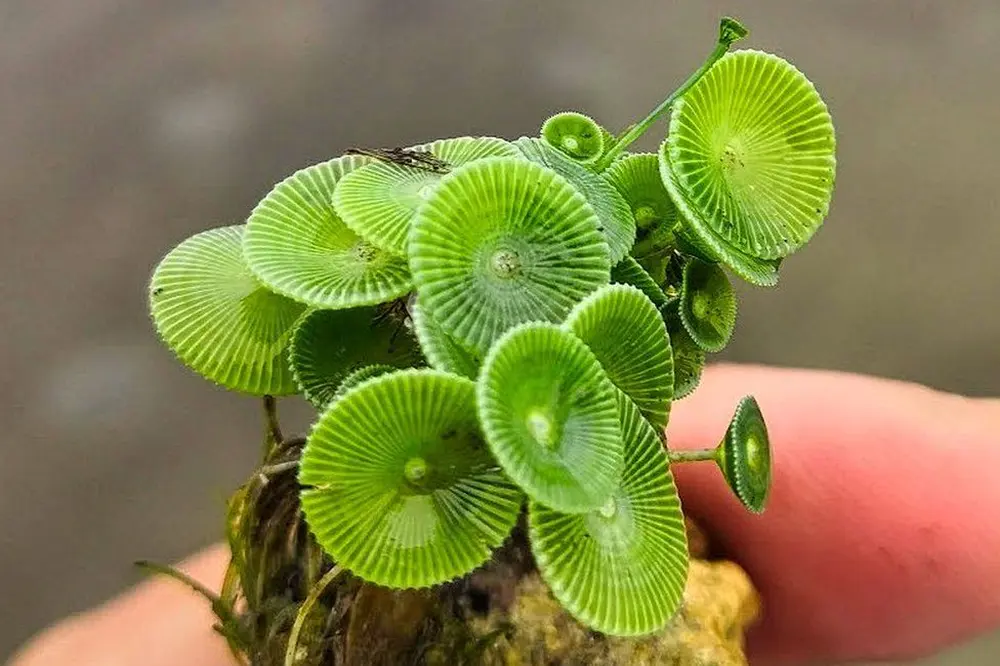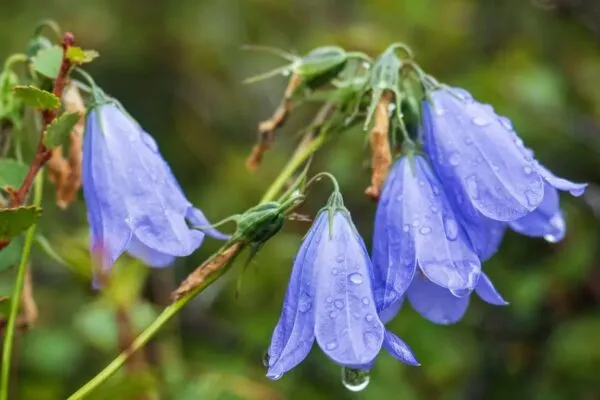Indian Scientists Find a New ‘Mermaid’ Plant Species in the Andaman Archipelago
Indian scientists have discovered a new ‘mermaid’ plant species in the Andaman archipelago, a find that has been marked as the first discovery of a new algae species in the Andaman Islands in nearly forty years.
Andaman and Nicobar Islands are known as biodiversity hotspots, focusing on various scientific studies. Following up on their curiosity, scientists from the Central University of Punjab (CUP), India have discovered the new plant species, green algae, which has been christened as Acetabularia Jalakanyakae.
Jalakanyakae is a Sanskrit word that means ‘mermaid.’ The parent group of the species Acetabularia is also recognized as ‘mermaid’s wineglass,’ owing to its mesmerizing structure. Acetabularia is the biggest unicellular being across the planet and animal kingdom, with organisms containing just one gigantic cell and sized from 0.5 to 10 centimeters.

Indian scientists find a mermaid plant species in Andaman archipelago – the first of new algae species in Andaman Islands in four decades | Image: Felix Bast
Algologist Vandana Vinayaka from the Dr. Hari Singh Gaur Central University, who was not involved in the study, said;
The discovery is quite exciting. This is the first algal discovery from the Andaman and Nicobar Islands in the last 37 years. The last algal species discovered from the islands was a species of microscopic green algae ‘desmids’ in 1984.
The algae species were found by the researchers during their visit to the Andaman Islands in 2019. It took the scientists about two years to determine that the found plant did not belong to any species known earlier. For over a year and a half, they completed DNA sequencing on the new plant and compared it to the existing flora.
According to the scientists, the newly discovered plant species has a leaf-like round green structure marked with lines gathering at its center. The green seaweed has a cap-like structure similar to an umbrella.
The lead scientist of the research, Felix Bast, an Associate Professor of botany at CUP, said;
After meticulous taxonomic work that lasted for more than one and a half years, it turned out to be a new species. The newly discovered alga is so stunning; it has caps with intricate designs as if it were umbrellas of a mermaid.
The findings of the study will be documented in the Indian Journal of Geo-Marine Sciences.
Given the rich amounts of calcium carbonate deposits in the Acetabularia plants, scientists have raised concerns over the devastating impact of ocean acidification caused by global greenhouse gas emissions on the species. The species could become critically endangered amid climate crisis, unless humankind takes urgent action against the phenomenon.
Via: News 18


